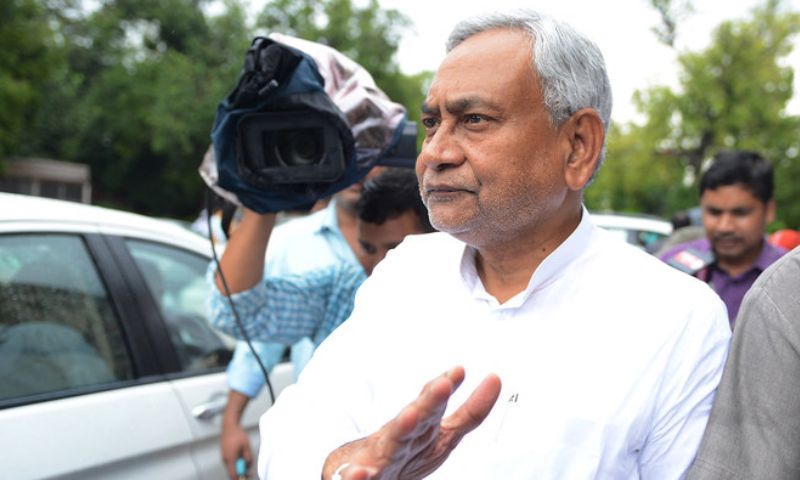NEW DELHI: Mr. Nitish Kumar, the chief minister of Bihar and a crucial figure in India’s opposition alliance, resigned on January 28, dealing a major blow to the collective efforts of opposition parties gearing up for the upcoming general elections.
Reports from local media indicate that Mr. Kumar has expressed his intent to align once again with Prime Minister Narendra Modi’s Bharatiya Janata Party (BJP).
Speaking to news agency ANI, Mr. Kumar stated, “Today, I have resigned as the chief minister, and I have also told the governor to dissolve the government in the state. This situation came because not everything was alright.” The sudden departure of Mr. Kumar highlights internal challenges within the opposition alliance, disrupting their unity ahead of the crucial electoral battle.
ALSO READ: Indian Backing of Terrorism in Neighbouring Countries Violates UN Charter: International Expert
The opposition alliance, known as ‘INDIA,’ had been formed with the aim of setting aside differences and presenting a united front against the BJP in the upcoming general elections scheduled for May. Mr. Kumar played a key role in bringing together 28 parties under this alliance, including the prominent Congress party.
The timing of Mr. Kumar’s resignation adds complexity to an already turbulent situation within the opposition. Last week, Mamata Banerjee, the chief minister of West Bengal and head of the Trinamool Congress party, announced that her party would contest elections in Bengal independently. Additionally, the Aam Aadmi Party (AAP), governing Delhi and Punjab, declared its decision not to ally with Congress in Punjab.
Congress spokesman Jairam Ramesh commented on the situation, suggesting that the BJP was apprehensive about the alliance’s potential and accused them of orchestrating a “political drama” to divert attention. The fractured nature of the opposition alliance raises questions about its ability to present a unified front against the BJP and the challenges it may face in the lead-up to the general elections.























